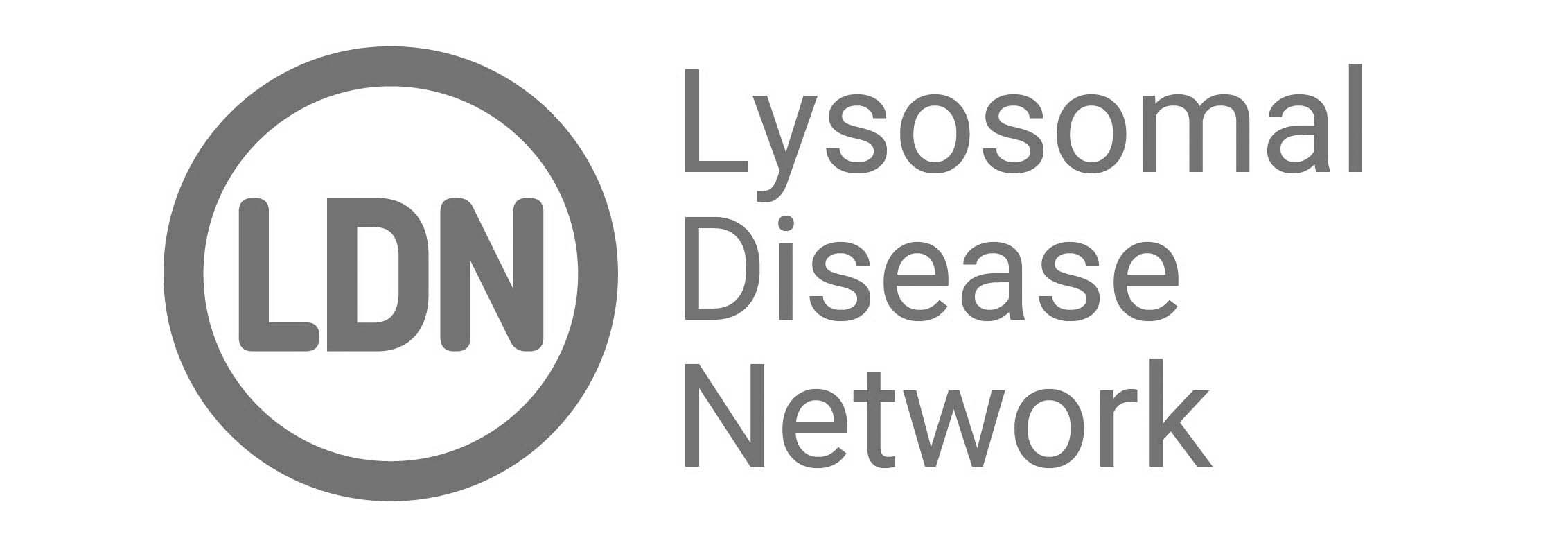Diseases Studied
The Rare Diseases Clinical Research Network is an NIH-funded research network of 21 active consortia or research groups working to advance treatment for diseases that are rare. Use the search tools on this page to find the diseases we currently study. You can reach out to the indicated consortia or research groups for more information on those diseases and studies underway.
This network focuses on clinical research and does not generally support clinical care outside of research activities. To learn about other rare diseases, please visit the Genetic and Rare Diseases Information Center (GARD), which is an NIH program that helps the public find reliable information about rare and genetic diseases. Their staff are specialists. Contact them at 1-888-205-2311 or email GARDinfo@nih.gov.
All Diseases > Pompe disease
Pompe disease (Type II Glycogen Storage Disease )
Alternative Names: Glycogen Storage Disease Type II (GSDII)
Disease Category: Lysosomal Diseases
A rare, inherited, lysosomal disorder with 3 subtypes (classic infantile-onset, childhood, and adult or late-onset), caused by an abnormal enzyme that cannot break down glycogen. Symptoms include severe muscle weakness ("floppy infants"), failure to thrive (problems with infant feeding and growth), hypotonia (low muscle tone), hepatomegaly (liver enlargement), hearing loss, developmental delay, respiratory problems, and hypertrophic cardiomyopathy (heart muscle weakness causing its enlargement).
Research groups studying this disease
Acid Maltase Deficiency Association
Funds research and promotes public awareness of acid maltase deficiency, also known as Pompe’s disease.
Australian Pompe's Association, Inc.
Supports the needs of Australian Pompe's disease patients, their families, and caregivers.
Canadian Association of Pompe
Helps Pompe patients and their families in Canada through education, support, and community.
United Pompe Foundation
Assists patients and/or their families with medical costs and other expenses related to Pome Disease.

